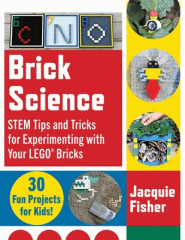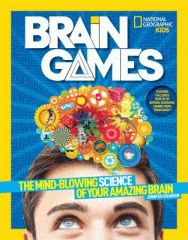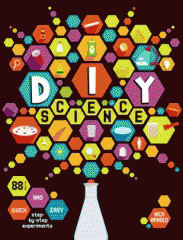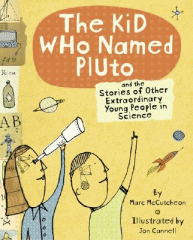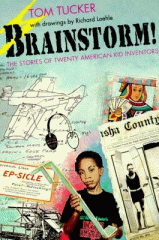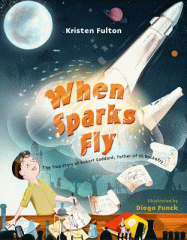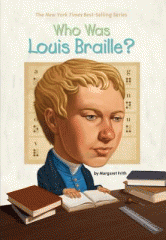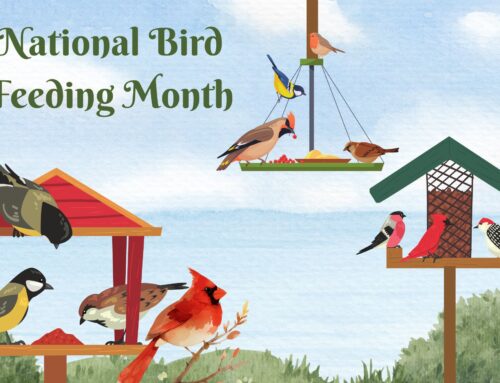
Celebrate Kid Inventors’ Day!
Do you enjoy coming up with new ideas for cool inventions? How about engineering and designing to make those innovations come true?
If you answered yes to any of these questions, you are in luck because January 17, 2024, is Kid Inventors’ Day! Kid Inventors’ Day celebrates the innovative spirit of children worldwide and encourages new generations to pursue engineering and innovation. January 17th is also Benjamin Franklin’s birthday, who is famously known for his inventions like the lightning rod and bifocals! But did you know that Benjamin Franklin was also a child innovator? When he was only 11 years old, Franklin created his first invention, swim fins. The fins worked by strapping wooden paddles to the wrists to help maximize swim strokes.
Throughout history, there have been many kid innovators, like 15-year-old Louis Braille, who invented the braille reading system that simplified the way blind individuals write and read, and Frank Epperson, who was 11 years old when he accidentally invented the popsicle. Many inventions we still use today are the products of mistakes, like potato chips, the microwave, and even important medicine that fights infections like penicillin!
Channel your inner creator by checking out these books from COSMOS!
Build your way through thirty fantastic STEM experiments, brick by brick! Fun projects that are perfect for fans of LEGO Masters and science subjects! Does your young scientist love LEGOs? Then this is the book for them! Contained within these pages is an assortment of experiments and activities to teach your child all about Science and STEM subjects using LEGO bricks. In Brick Science, various aspects of STEM will be introduced to your creative learner through over thirty exciting and innovative ways of using LEGO bricks. Your child will be exposed to important lessons about chemistry, paleontology, the animal kingdom, and more, all while thinking that they’re just playing with LEGOs! This fun-filled book contains experiments and ideas for exploring subjects, such as: biology, chemistry, dinosaurs, Earth science, physics, space, weather, and more! The lessons that your child will learn from these experiments will stick with them for years to come, encouraging them to learn, explore, and one day possibly become a scientist themselves. With Brick Science, both you and your young LEGO-lover will be excited to learn about science, nature, and the world around us!
Brain Games: The Mind-blowing Science of Your Amazing Brain by Jennifer Swanson
QUICK: Name the most powerful and complex supercomputer ever built. Give up? Here’s a hint: It’s housed in your head and it’s the one thing that makes you YOU. Your brain is mission control for the rest of your body and steers you through life. Not bad for something the size of a softball that looks like a wrinkled grey sponge! In this fascinating, interactive book — a companion to the National Geographic Channel hit show – kids explore the parts of the brain and how it all works, brainy news nuggets from a neuroscientist, plus fun facts and crazy challenges.
DIY Science by Nick Arnold
Explore the science behind air, water, mixtures, materials, energy, forces, magnets, the human body, and nature. Each project uses only easy-to-find ingredients and encourages kids to think scientifically and learn about exciting new topics from the home or classroom.
If you are interested in learning about more kid innovators, here are some stories for you!
The kid who named Pluto : and the stories of other extraordinary young people in science by Marc McCutcheon
A collection of profiles of children and young adults whose scientific inventions made an impact on the world, including Louis Braille who discovered a way for the blind to read and write.
Reveals some of the amazing inventions of the past and present that have come from young Americans, ages eight to nineteen.
Robert Goddard may be known as the father of US rocketry, but back in the 1880s, he was just a kid in Worcester, Massachusetts. Even as a youngster, his eyes glimmered with scientific interest and the thrill of discovery. With BAMS! POPS! BANGS! He experimented time and time again with one mission: make his rockets fly! Join Kristen Fulton and Diego Funck as they take you on one explosive journey about a young kid who shot for the moon, never gave up, and let his creative sparks of curiosity burn bright.
Who was Louis Braille? by Margaret Frith
Examines the life and times of the nineteenth-century Frenchman who developed the system of raised dots by which blind people read and write.

